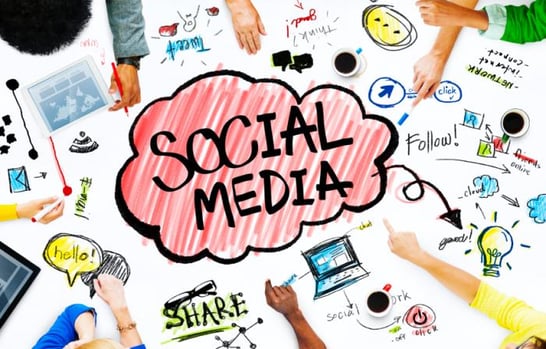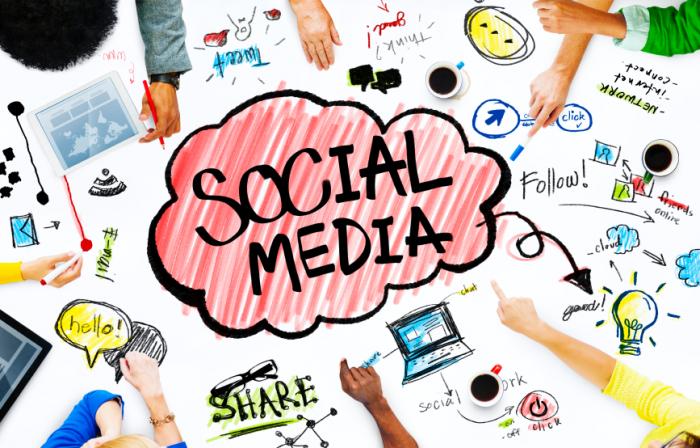
Social media can and is a wonderful and easy way to connect with people on a personal or professional basis. Most platforms are free and easy to use. It's not difficult to find people and topics of interest. People can find and connect with their peers, family, and friends. They have unlimited access to the entire world.
Before anyone begins (or continues) their adventures into the world of social media, there are a few points to be aware of as a healthcare professional. With freedom comes advantages and disadvantages.
Advantages:
- Connecting with anyone in the world. Simply Googling a word, topic, business, or an individual will give anyone complete access to anything they want to know. Whether they are blogging, using Twitter, Facebook, LinkedIn, or any other social media platform, there are people there to talk to.
- Networking has never been easier. Sharing information and learning is at anyone's fingertips. Whether they are talking to someone local or across the world, social media brings you together. Distance is no longer a problem.
- Since 80% of all internet users are looking for health information, anyone can and will reach a large audience with their outreach and posts. People want information and Nurses have plenty to give them. They are able to correspond at their convenience and have the time to do so.
- Education for Nurses and others is available. There are numerous groups and programs that offer classes and give them opportunities to learn and interact with their peers and other students.
Communication flows easily and in abundance on the internet and that's also where the disadvantages come into play.
Disadvantages:
- Privacy doesn't truly exist on the internet. Regardless of any and all security features, once something has been posted, it's there forever. Even deleting it doesn't get rid of it. It is still stored somewhere in the clouds and is never truly gone. It's crucial that a person think twice before posting. Screen shots cause the comment or post to remain forever on someone's computer.
- The risk of inaccurate information becoming a "fact" is common. It takes a bit of work and due diligence to research the accuracy of what you’re reading, but it's worth the time. A person should only share or repeat what they themselves have thoroughly researched and confirmed as accurate.
- Not HIPAA compliant. Very few software programs meet the strict guidelines for HIPAA regulations, including but not limited to Skype and Google Hangouts, texting and email. Unless the individual is discussing a patient as a Nurse and on a secure platform, one should never post anything about their patients.
Violating HIPAA regulations has resulted in healthcare professionals facing disciplinary actions such as:
- Fines levied
- Suspension from work
- Being expelled from Nursing school
- License revoked/fired
- Criminal charges being brought
- Incarceration
Abuses on social media as a Nurse are far reaching. Whether a Nurse violates HIPAA or behaves in an improper and unprofessional manner (arguing online, breaching patient confidentiality, harassment, etc.) can and does impact not only them, but their employer and their professional affiliations as well. This can also involve the state board and violate state laws.
Posting the pictures of patients, even when their identity is concealed, has resulted in the above actions being taken against a Nurse and other healthcare professionals.
The best rule of thumb with social media is this: Remember that what you are about to post will be accessible to 7 billion people, so post as if everyone will read it. Social media can be fun as long as you understand the good and the bad.
Related Articles:
As a nurse, how do you use Social Media?







